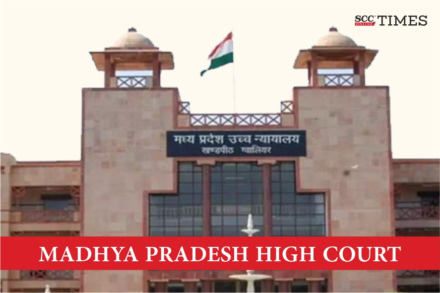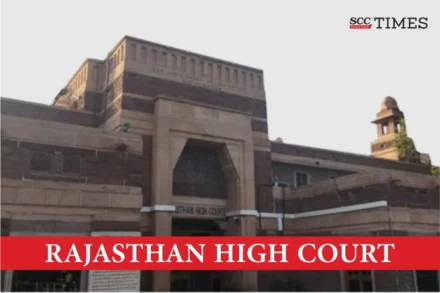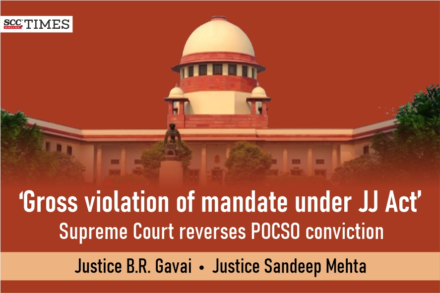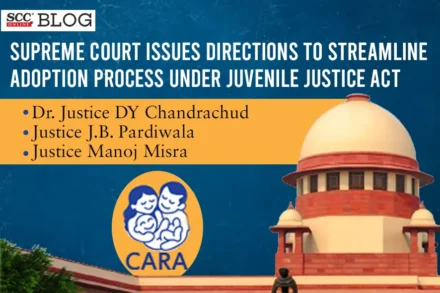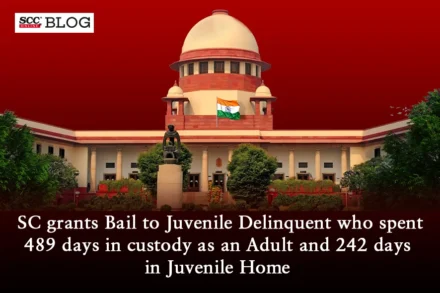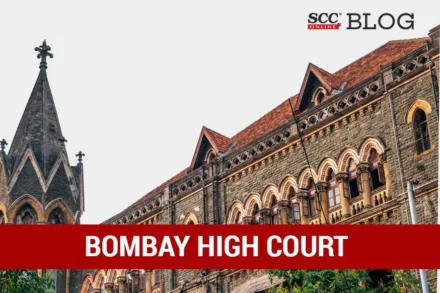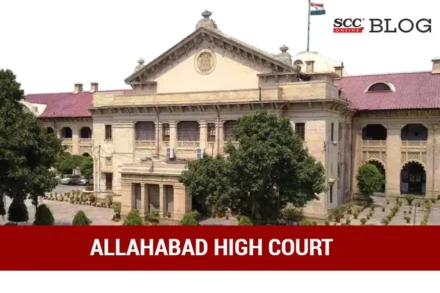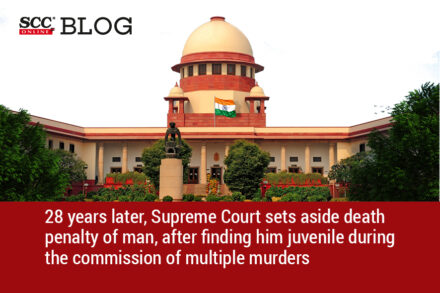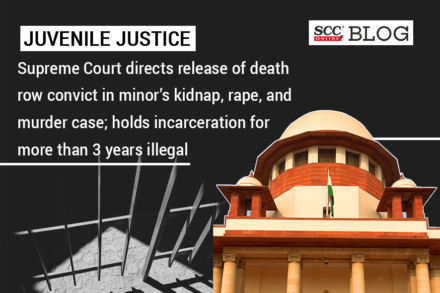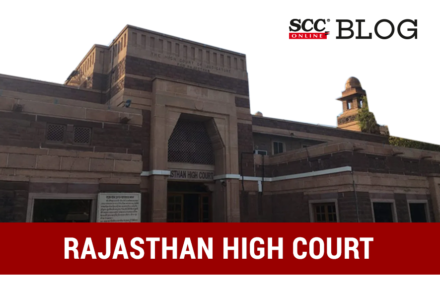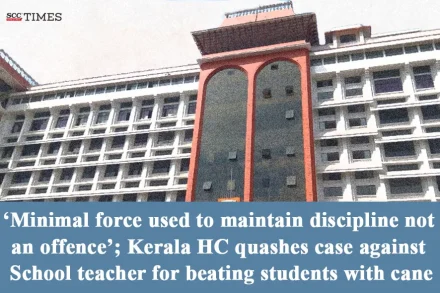
‘Minimal force used to maintain discipline not an offence’; Kerala HC quashes case against School teacher for beating students with cane
“When a parent entrusts a child to a teacher, he on his behalf impliedly consents the teacher to exercise such authority over the student. When a student does not behave properly or act according to the rules of a school, and if the teacher gives him a corporal punishment for improving his character and conduct, the court has to ascertain whether the said act of the teacher was bona fide or not.”



